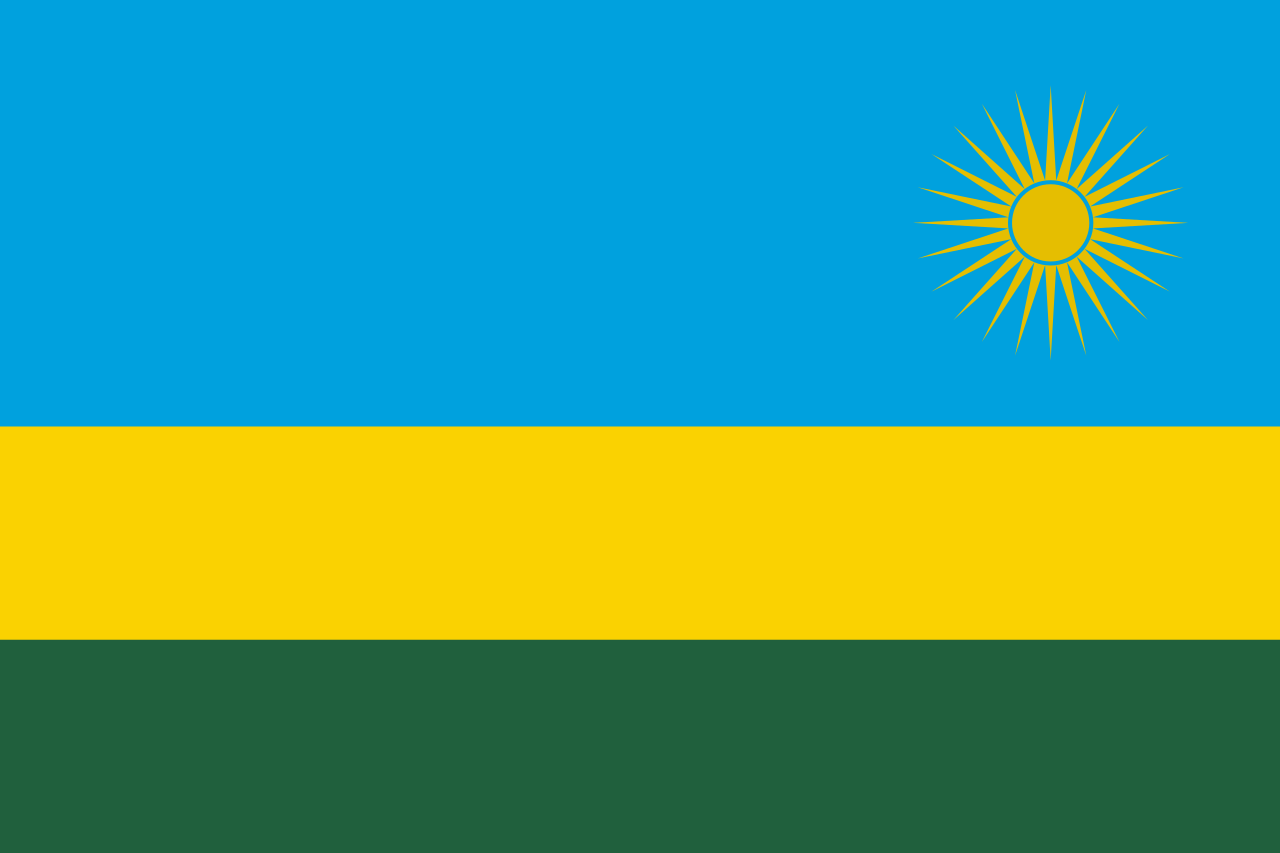Priti Patel believes other countries will follow the UK’s Rwanda asylum proposals, after she issued a formal instruction for the Home Office to proceed with her policy to send asylum seekers arriving by boat to Rwanda.
The Home Secretary said Denmark could be among those to reproduce the UK government’s “blueprint” after it signed a deal to transfer those asylum seekers deemed to have arrived in Britain unlawfully 6,000 miles away to east Africa.
Her comments come after ITV News exclusively revealed Ms Patel had to sign off the new proposal because the most senior civil servant in her department was not convinced the policy would be effective enough to deliver value for money.
The policy was only able to proceed with a "ministerial direction" - which is used when the permanent secretary (in this case Matthew Rycroft) has specific concerns that means they ask the minister to sign off the spending proposal.
In this case there was not enough evidence to prove the key aim of the policy - that sending asylum seekers to Rwanda would deter others from trying to make dangerous crossings by boat, ITV News Deputy Political Editor Anushka Asthana reports.
The Home Office initially refused to comment on the ITV News exclusive, but on Friday confirmed a ministerial direction had been used.
A source told ITV News: "The asylum system is costing the taxpayer over £1.5 billion per year – the highest amount in over two decades, and we are spending £4.7 million on hotels per day between those who have arrived illegally and through resettlement programmes.
“Home office officials are clear that deterring illegal entry would create significant savings. However, such a deterrent effect cannot be quantified with certainty.
"They argued it would be wrong to "let a lack of precise modelling delay a policy aimed at reducing illegal migration, saving lives, and breaking the business model of the smuggling gangs”.
Ministerial directions are rare and this was only the second deployment of the power within the Home Office in the past 30 years.
t is understood that in a letter to Ms Patel asking for the direction, Mr Rycroft did say he was satisfied for the policy to go ahead and that deterring people would bring potential savings- but that the evidence around deterrence was uncertain.
ITV News revealed on Thursday there are tensions among Home Office officials, with fears of resignations. One source described the atmosphere as "terrible" and said some individuals felt "despair" at the policy.
The revelation comes as the UN refugee agency warned that the Rwanda pact breaches international law.
As part of the plan designed to curb migrants crossing the English Channel in small boats, those who are deemed to have entered Britain by unlawful means since January 1 may be sent to Rwanda where they will be permitted to apply for asylum in the African country.
Defending the plan, justice and immigration minister Tom Pursglove said that there was a “moral imperative” to crush the “cruel” business model of human traffickers making money out of migrants wanting to cross the Channel.
He also argued the scheme would save taxpayers money in the “longer-term”, although he accepted the short-term cost would be equivalent to what the UK currently pays to accommodate and process asylum seekers domestically – approximately £5 million per day.
Ms Patel agreed a £120 million economic deal while in Kigali on Thursday and money for each removal is expected to follow, with reports suggesting each migrant sent to Rwanda is expected to set British taxpayers back between £20,000 and £30,000.
Speaking to reporters, she argued the plan was likely to be emulated by others, including countries in Europe.
“There is no question now that the model we have put forward, I’m convinced is world class and a world first, and it will be used as a blueprint going forward, there’s no doubt about that,” Ms Patel said.
“I would not be surprised if other countries start coming to us direct on the back of this as well.”
The Home Secretary said Copenhagen was in talks with Rwanda as well, adding the Council of Europe “have also basically said they are interested in working with us”.
The Rwanda deal has faced international criticism, with the UNHCR saying it “strongly condemns” the approach laid out by Prime Minister Boris Johnson and Ms Patel.
Gillian Triggs, an assistant secretary-general at the UN refugee agency, called it an “egregious breach of international law and refugee law” and labelled it “unacceptable”.
Speaking to the BBC, the Australian also questioned whether it would act as a long-term deterrent, given Israel’s attempt to do something similar in Rwanda with Eritrean and Sudanese incomers saw the refugees “leave the country and start the process all over again”.
The Home Office denied its approach was in breach of refugee agreements.
A spokesman said: “Under this agreement, Rwanda will process claims in accordance with the UN Refugee Convention, national and international human rights laws, and will ensure their protection from inhuman and degrading treatment or being returned to the place they originally fled.
“There is nothing in the UN Refugee Convention which prevents removal to a safe country.” - ITV






